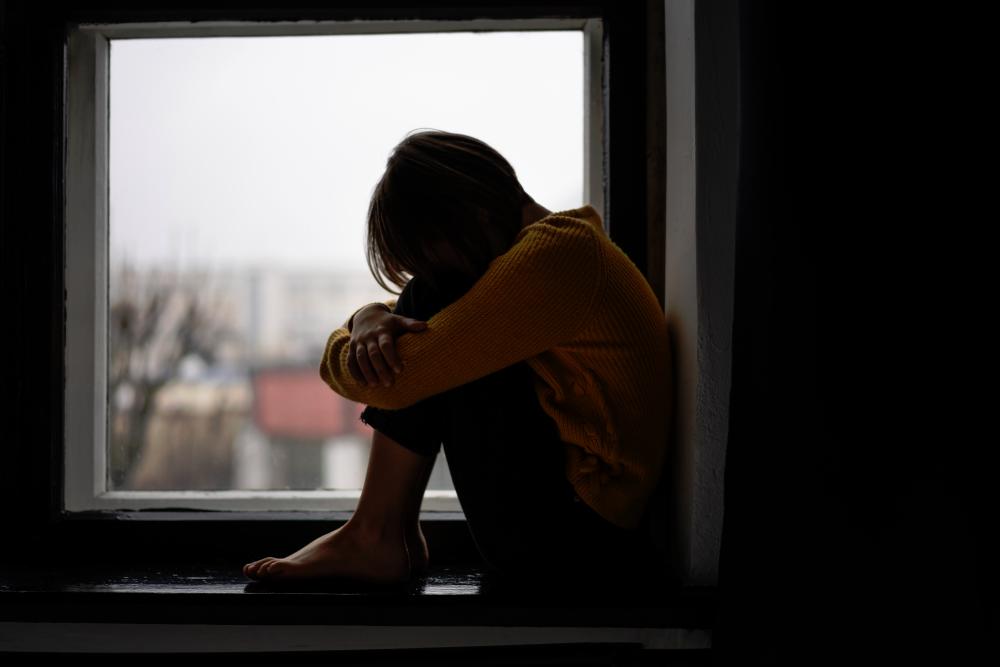DEDICATED child helplines are invaluable, providing children with a safe, non-judgemental space to speak with trained counsellors about their concerns and a wide range of issues.
Critically, child helplines offer a lifeline to abused children seeking help and rescue. Trained call counsellors can also offer guidance on a range of issues, including family problems, peer relationships and mental health. In addition, these helplines collect valuable data that can inform policy and improve practices.
The 15999 Childline, launched in 2010 by the Women, Family
and Community Development Ministry with support from the Childline Foundation Malaysia, was the country’s first free, 24-hour helpline for children. Staffed by trained professionals, it was originally known as the Talian Nur hotline.
In 2015, the Talian Nur hotline was expanded and rebranded as Talian Kasih, broadening its scope to include issues such as abuse, domestic violence, juvenile problems, poverty, support for single mothers, individuals with disabilities, welfare assistance and counselling services.
A notable feature of the current Talian Kasih is its WhatsApp number, which allows individuals who are deaf to express their concerns. However, while Talian Kasih serves an important role, its broad scope may dilute the support available for children. A non-dedicated helpline leads to a higher call-volume, staff requiring training and potentially less effective support for children.
Suhakam and the Child Rights Coalition Malaysia have previously called for the restoration of the Talian Nur child helpline to ensure children’s safety. In response to the lack of a dedicated child helpline, other civil society organisations, such as Buddy Bear Childline, have launched their own helplines for children and young people.
To improve the quality of civil service helplines, we should establish two separate lines: one for general welfare and adult issues, and another dedicated solely to children. The child and teenage helpline should be staffed by trained professionals with experience in addressing psychosocial issues, including child abuse.
The helpline should have multilingual staff to serve all regions. It must be child and teenager-friendly, with the capacity to respond swiftly to urgent situations involving violence. Collaboration between the Welfare Department and civil society organisations, under the Child Act 2001, would ensure effective support nationwide.
The dedicated, free, 24-hour child helpline must be widely advertised across all media and educational institutions to ensure children are aware of the service.
Children, especially boys, may take time to express serious concerns, often calling multiple times before speaking up. “Drop calls” should not be dismissed as pranks but treated with seriousness.
A dedicated helpline for children should undergo regular, transparent audits by an external team to assess service quality, responsiveness, staff capability, children’s awareness and feedback from users.
Datuk Dr Amar-Singh HSS
Consultant Paediatrician
Child-Disability Activist
Datin PH Wong
Childline Foundation
Co-Secretariat Child Rights Coalition Malaysia









